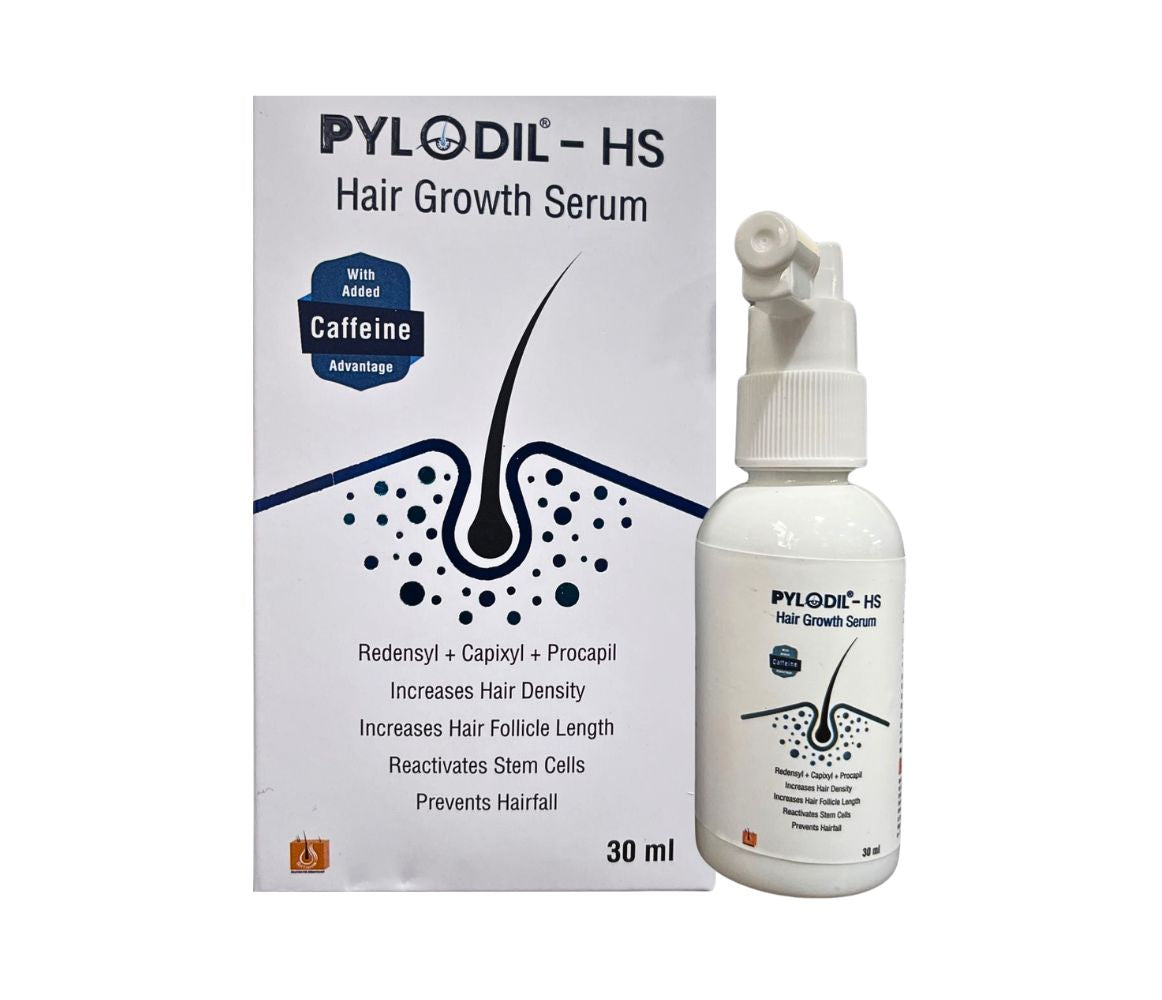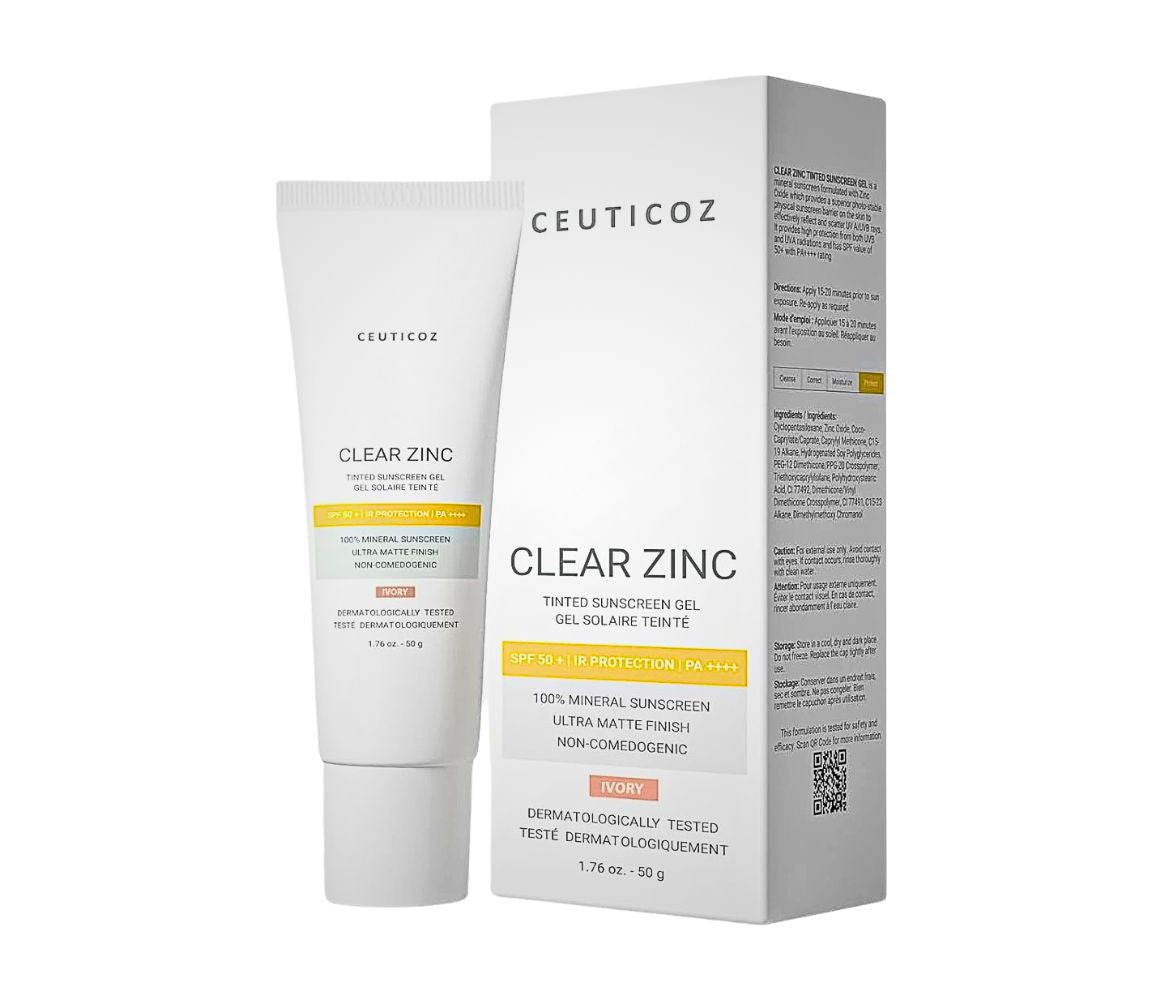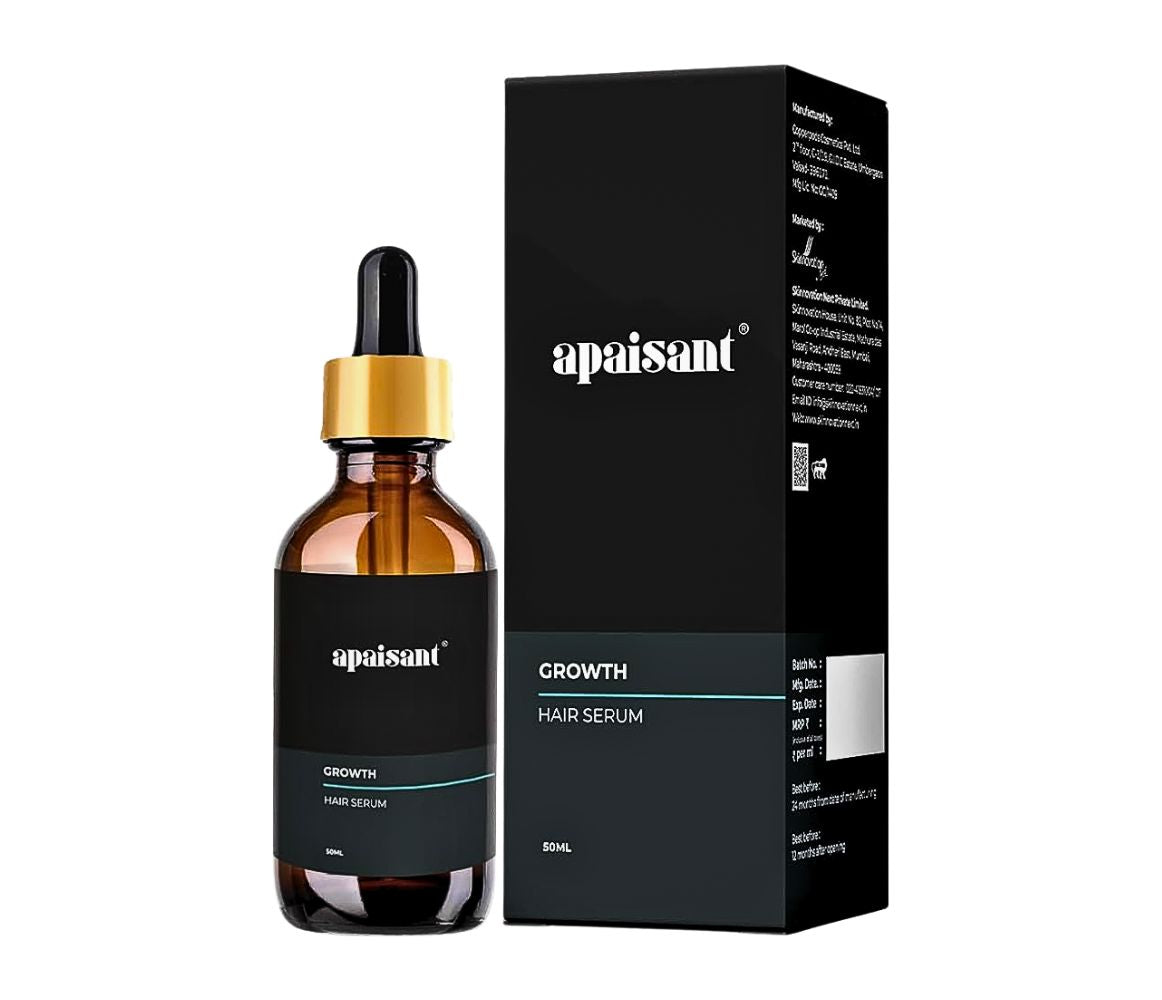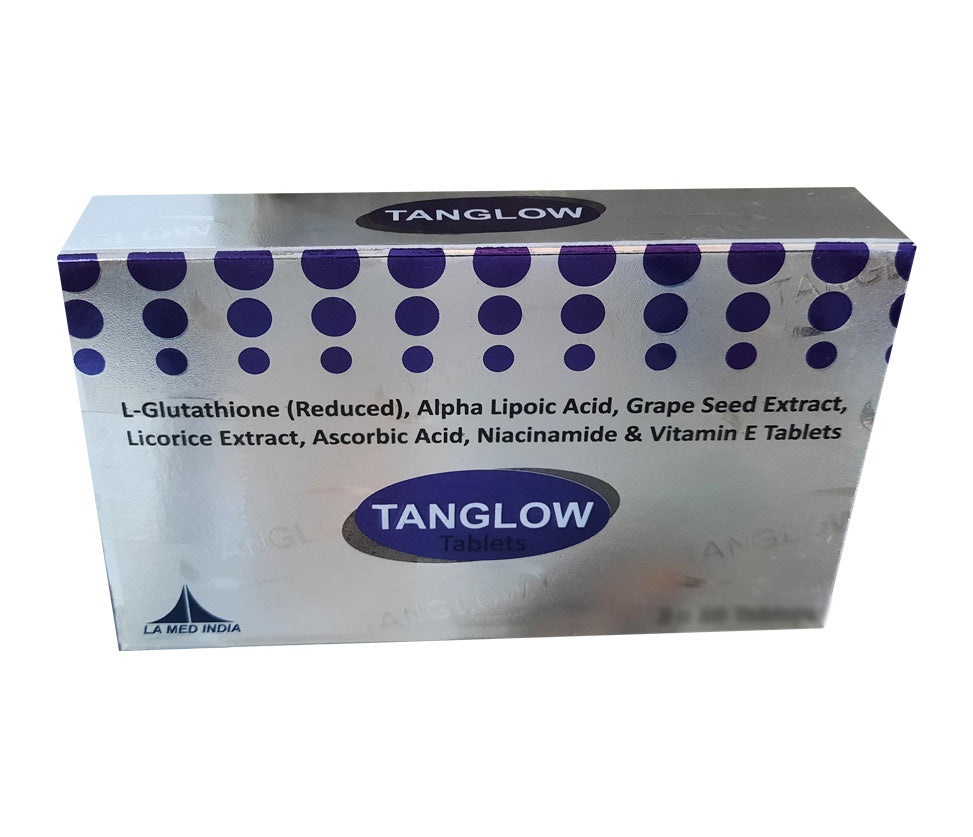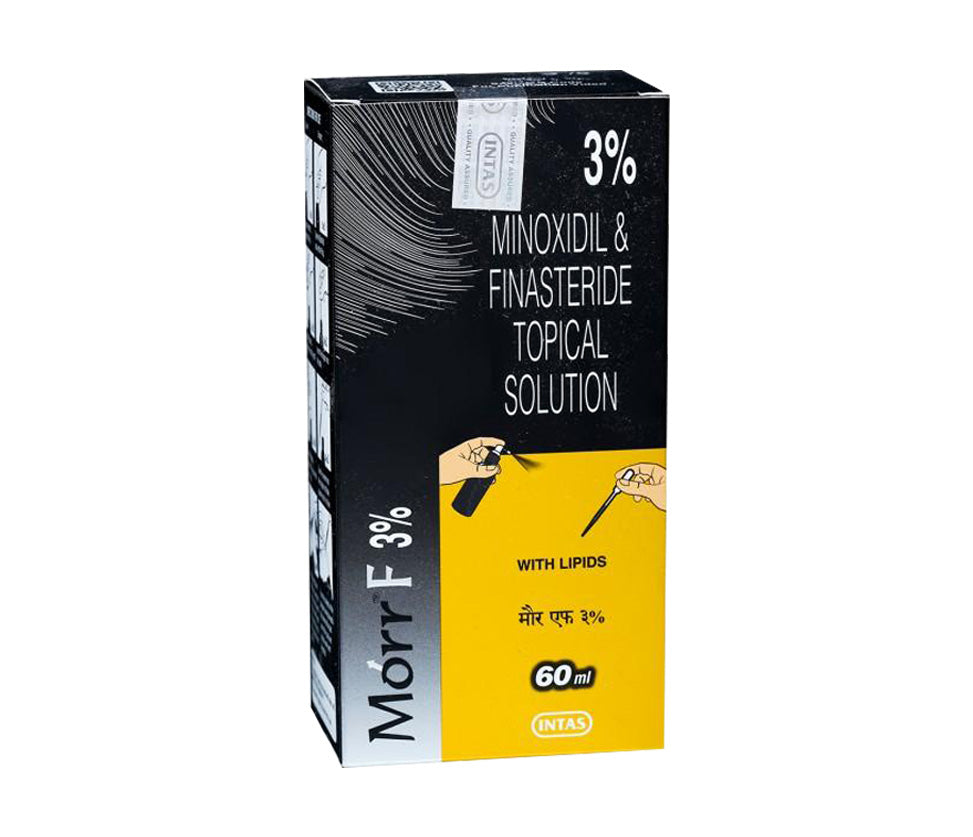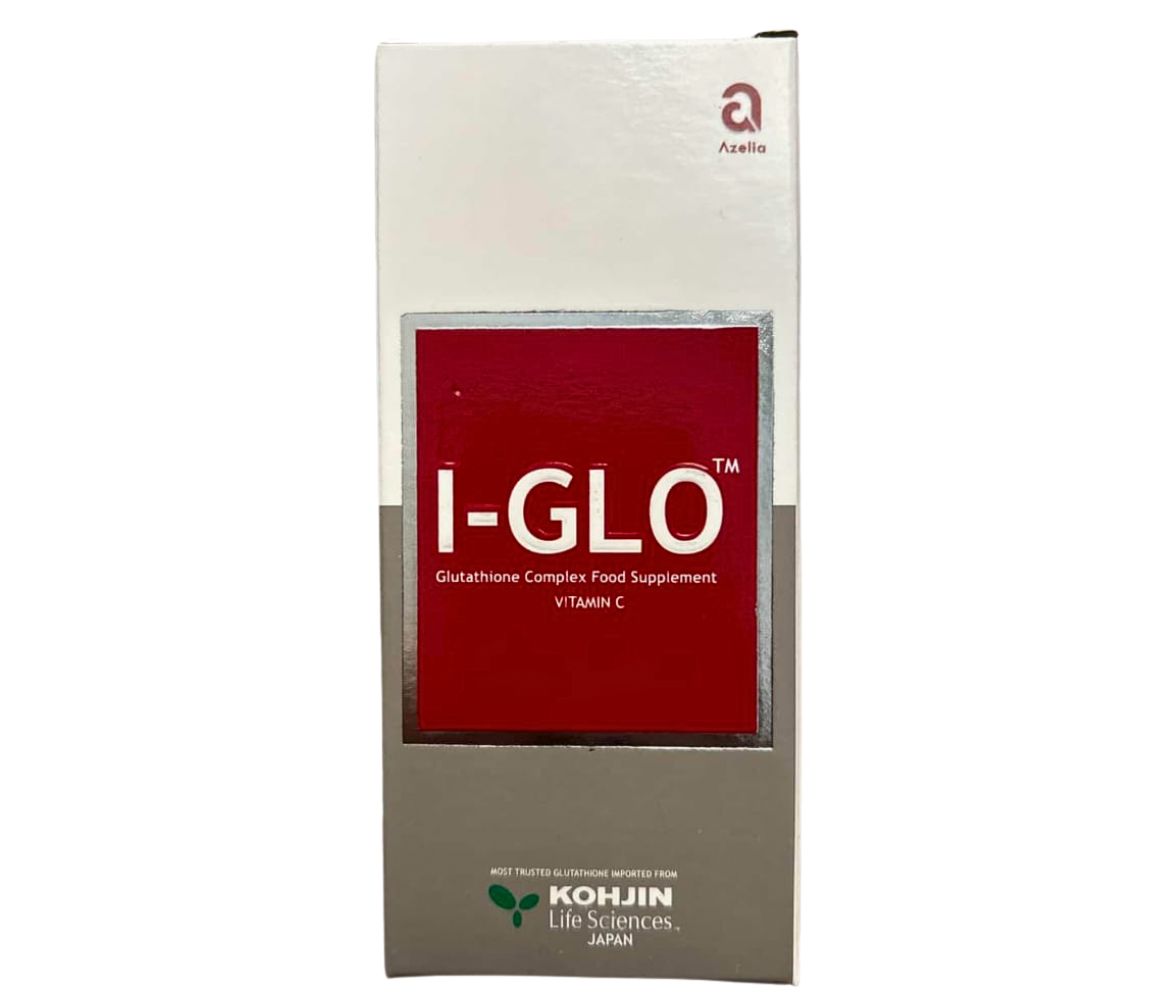How to Start a Skincare Routine When You’re a Beginner

Before we get into the “how,” let’s answer the “why.”
Your skin is constantly exposed to the outside world, including sunlight, dust, pollution, bacteria, makeup, stress, and sweat. A skincare routine is like daily maintenance: it helps your skin function at its best, stay healthy, and look more radiant over time.
Think of it like brushing your teeth, you’re not doing it because your teeth look bad, but because you want to keep them strong. The same goes for skin.
A basic skincare routine helps:
- Keep your skin clean and fresh
- Maintain hydration and elasticity.
- Reduce acne and breakouts.
- Prevent premature ageing and dullness.
-
Protect against sun damage and pigmentation.
Step-by-Step: The Skincare Basics for Beginners
If you’re starting with absolutely no routine right now, don’t worry. All you need is three essential steps to begin.
The trick is: keep it consistent.

1. Cleanse – Morning & Night
Cleansing is non-negotiable. Your skin collects bacteria, oil, pollutants, and sweat throughout the day. Without cleansing, those things stay trapped in your pores, hello, breakouts.
But not all cleansers are made equal. If you’re new, avoid products that foam excessively, have a strong odour, or leave your skin feeling tight after rinsing.
Beginner Pick:
Nosoap Gentle Face & Body Cleanser
- Soap-free and fragrance-free
- Safe for sensitive and reactive skin
-
Doesn’t strip the skin’s natural moisture barrier
Use it once in the morning and once before bed. It’s the most basic (yet essential) thing you can do for your skin.

2. Moisturise: Lock in Hydration
Moisturising keeps your skin barrier strong. A weak barrier can lead to dryness, irritation, and sensitivity; even oily skin types need hydration.
You don’t need heavy cream or something fancy. Look for words like “non-comedogenic” (won’t clog pores), “lightweight,” or “for sensitive skin.”
Beginner Pick:
Hydracoat Moisturising Cream
- Contains ceramides and glycerin
- Helps hydrate, repair, and soothe
-
Absorbs quickly without greasiness
Apply it after cleansing while your skin is still slightly damp.

3. Sunscreen: Every Single Morning
If you're only doing one thing, let it be this.
UV rays cause 80% of visible skin ageing, including fine lines, dark spots, and sagging it. Even indoors or on cloudy days, UV rays find you. Daily sunscreen is your best defence.
Beginner Pick:
Aclaris Photon Tint 360 Sunscreen SPF 50
- Broad-spectrum SPF 50
- Tinted for even skin tone
-
Lightweight and non-greasy
Apply as the final step in your morning routine. Use a generous amount (approximately a teaspoon for your face and neck), and reapply every 2–3 hours if you are outdoors.
So, That’s It?
Yes! That’s the foundation.
Once you’ve been following this routine consistently for 4–6 weeks, your skin will feel more balanced, less reactive, and ready for the next level (if you want to go there). That’s when you can introduce targeted treatments or serums for specific concerns.
But What If I Have Acne, Pigmentation, or Oiliness?
Here’s the thing: you don’t need to fix everything on Day 1.
But once your skin has adjusted to a basic routine, you can slowly introduce active ingredients. The key is: go one product at a time and don’t mix everything at once.
Here are two beginner-safe options to treat common concerns:
For Acne & Breakouts
- Contains salicylic acid (great for oily, acne-prone skin)
- Helps clear clogged pores and reduce inflammation
-
Start by using it 2–3 times a week in your PM routine
For Pigmentation & Dark Spots
- Includes niacinamide and tranexamic acid
- Fades marks and evens out skin tone
-
Use only at night, and always follow with SPF in the morning
How to Layer Your Products (Simplified)
Here’s a quick cheat sheet:
Morning Routine:
- Cleanser
- Moisturizer
-
Sunscreen
Night Routine:
- Cleanser
- Treatment (optional – e.g., Skarfix TX)
-
Moisturizer
If you're using a treatment, always moisturise after to avoid dryness or irritation.
How Long Until You See Results?
This is the part no one tells you: skincare is a slow process.
- Hydration improvements: 7–10 days
- Less redness or irritation: 2–3 weeks
- Fewer breakouts: 4–6 weeks
- Faded pigmentation: 8–12 weeks
-
Real transformation: 3–6 months
That’s why consistency > perfection. You might miss a day—don’t sweat it. Just get back to your routine.
Mistakes Most Beginners Make
If you're new, you're bound to make a few slip-ups. That’s okay! But here’s what to watch out for:
-
Using too many products
Start small. Three good products are better than ten random ones. -
Skipping SPF
If you’re not wearing sunscreen, nothing else matters. Period. -
Layering too many activities
Acids + retinol + vitamin C? Please don’t. One at a time is enough. -
Judging a product too quickly
Unless it burns or causes an allergic reaction, give it 4 weeks before switching. -
Not moisturising oily skin.
Dehydrated skin produces more oil. Hydration is key.
What If I’m Still Confused?
You’re not alone. The internet has an overwhelming amount of information, which is often what causes feelings of overwhelm.
Start with the basics:
- Choose three beginner-friendly products
- Stick to them for a month.
-
Then decide if you want to expand.
If you’re not sure where to shop, the DelMeds Skincare Collection is a great place to explore clean, dermatologist-backed formulas.
Final Thoughts: Keep It Simple, Make It Yours
The best skincare routine isn’t the one with the fanciest products. It’s the one you’ll actually stick to. Consistency will always win over complexity.
Start with:
A gentle cleanser
A daily moisturiser
A reliable sunscreen
And most importantly, listen to your skin. If it feels irritated, ease up. If it’s happy, keep going. You don’t need to know everything on Day 1. You just need to start.
Beginner Skincare Starter Kit from DelMeds:
DISCLAIMER : This website provides general information for educational purposes only and should not be considered a substitute for professional medical advice, diagnosis, or treatment. Always seek the guidance of a qualified healthcare professional with any questions you may have regarding a medical condition. Do not disregard professional medical advice or delay seeking it because of information you've read on this website. Your health is important – when in doubt, consult a doctor.

